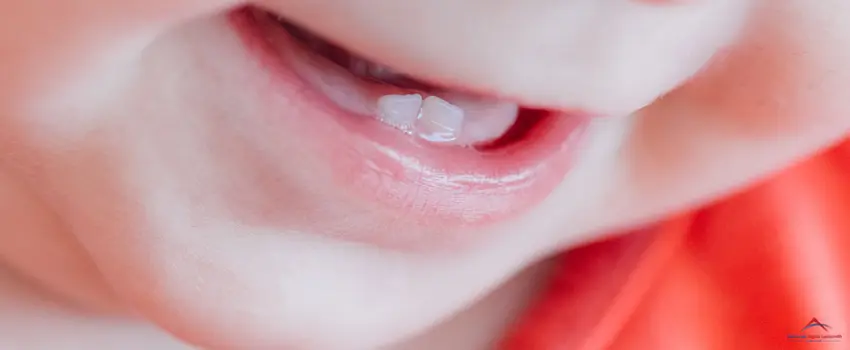
The Importance of Baby Teeth
As a parent, it’s crucial to understand that baby teeth are just as vital as adult teeth. They may be more vital than you think.


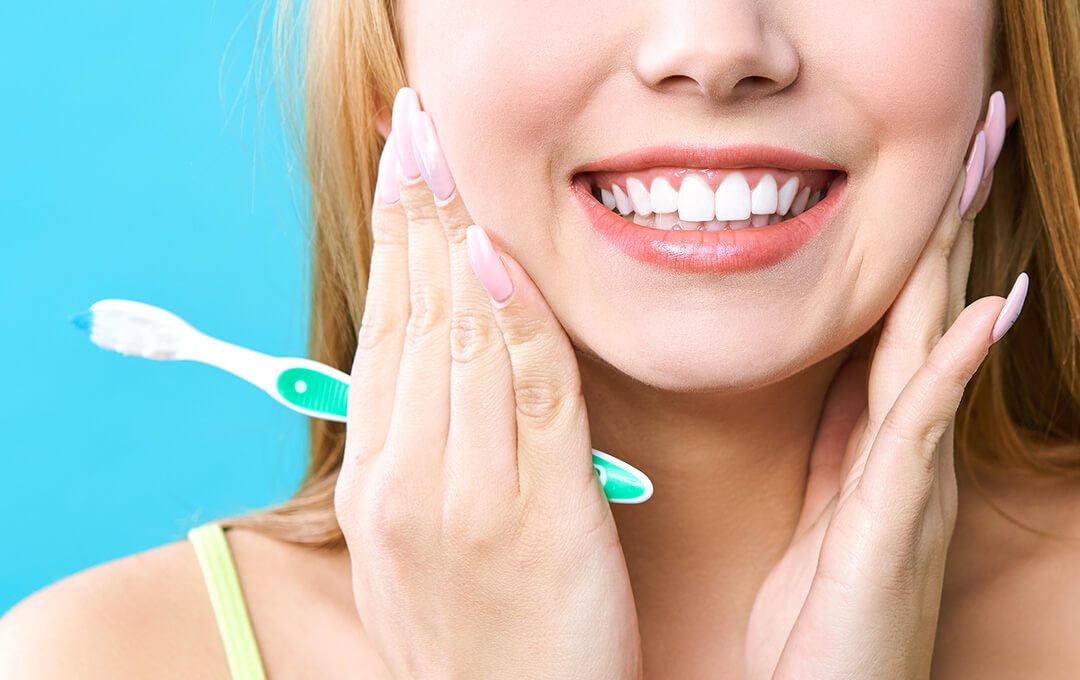
Whether you are looking for preventive dental care or the latest in cosmetic dentistry, look no further than Advanced Dental Group. We work with the best dental professionals who work tirelessly to stay up-to-date on cutting edge procedures and technology to provide superior, holistic care to patients of all ages.
A beautiful and healthy smile can make you look and feel great! Any damaged or missing teeth are more than a source of discomfort and embarrassment. They often lead to other oral or medical problems. A gap in your smile can cause an increase of bacteria in the oral cavity, putting you at risk for diseases, not to mention bone loss in the jaw, which may alter the appearance of your face. Healthy adjacent teeth may also shift, affecting your bite. These are all serious problems that can be resolved with a regular visit to a dentist.
The ADA recommends a professional cleaning at least twice yearly. No matter how thoroughly you brush and floss your teeth, dental professionals can clean more deeply than you could.
Regular oral exams can also help prevent health problems. Cancer screenings, X-rays, and mouth guards are beneficial.
From cleanings and dental fillings to full mouth restorations, including even the most serious cases, we can help.
One of our main goals is to improve the look and function of your teeth, while prioritizing your overall health. Expect nothing less than modern dentistry techniques and state-of-the-art facilities.
Our team provides high-quality care that starts with a thorough examination of your teeth, gums, tongue, and other associated structures in the mouth.
Gone are the days when cavities were routinely filled with amalgam, creating a “metal mouth” appearance. Our dentists always choose better and safer alternatives for treatment, including fillings made of porcelain and other resin materials.
Yes, you can go just about anywhere to get your teeth cleaned or fixed, but why should you choose us? At Advanced Dental Group, you’ll get a level of care you simply cannot find elsewhere!

You’ll never hear a sales pitch from us and we willust connect you to the best dentist who can recommend the most beneficial procedure and do what’s best for your smile.
We work with dentists who are friendly and compassionate enough to make sure your visits are always calm and relaxing.
You are sure to get customized treatment plans that fit your needs and wants.
Regardless of where you are located, Advanced Dental Group is the company to call! Unhappy with your appearance? Bothered by a toothache? Contact us today to see how we can help. Let us help you restore your healthy, bright, and natural smile with a custom makeover.

As a parent, it’s crucial to understand that baby teeth are just as vital as adult teeth. They may be more vital than you think.
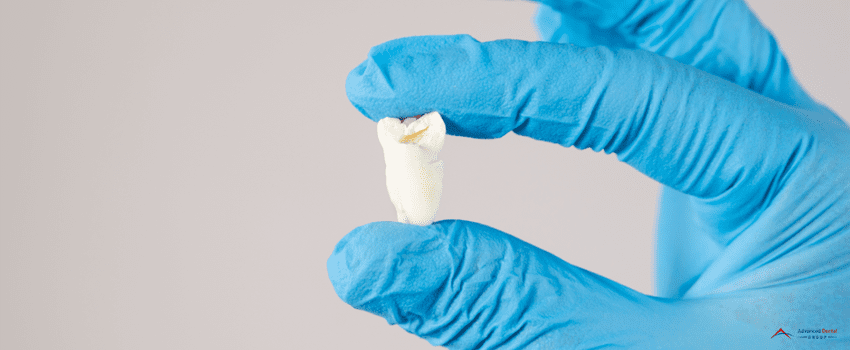
Wisdom teeth are the last of your adult teeth to come out, typically erupting at 17 to 25. They grow at the back of your
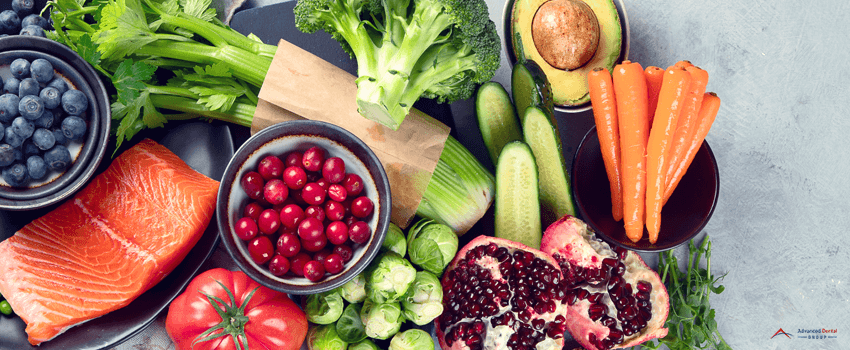
While nutrition and diet are closely related, they differ in so many ways. Nutrition refers to the quality of sustenance you consume. On the other
Please fill out the form below so we can assist you with your dental needs.
So you're expanding? We'll breath new life into the soul of your brand. We revitalise identities and bring a focus to services and products as they evolve.
(877) 237-6969
Monday - Friday
8:00 AM - 5:00 PM
So you're expanding? We'll breath new life into the soul of your brand. We revitalise identities and bring a focus to services and products as they evolve.
Disclaimer: This commercial website is not operated by dentists or by a dentist association and does not include each and every dentist in your geographical area but only those electing to participate.
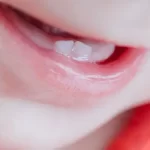
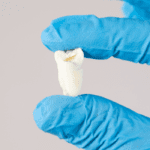
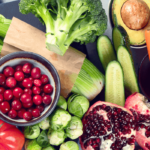
While nutrition and diet are closely related, they
While nutrition and diet are closely related, they